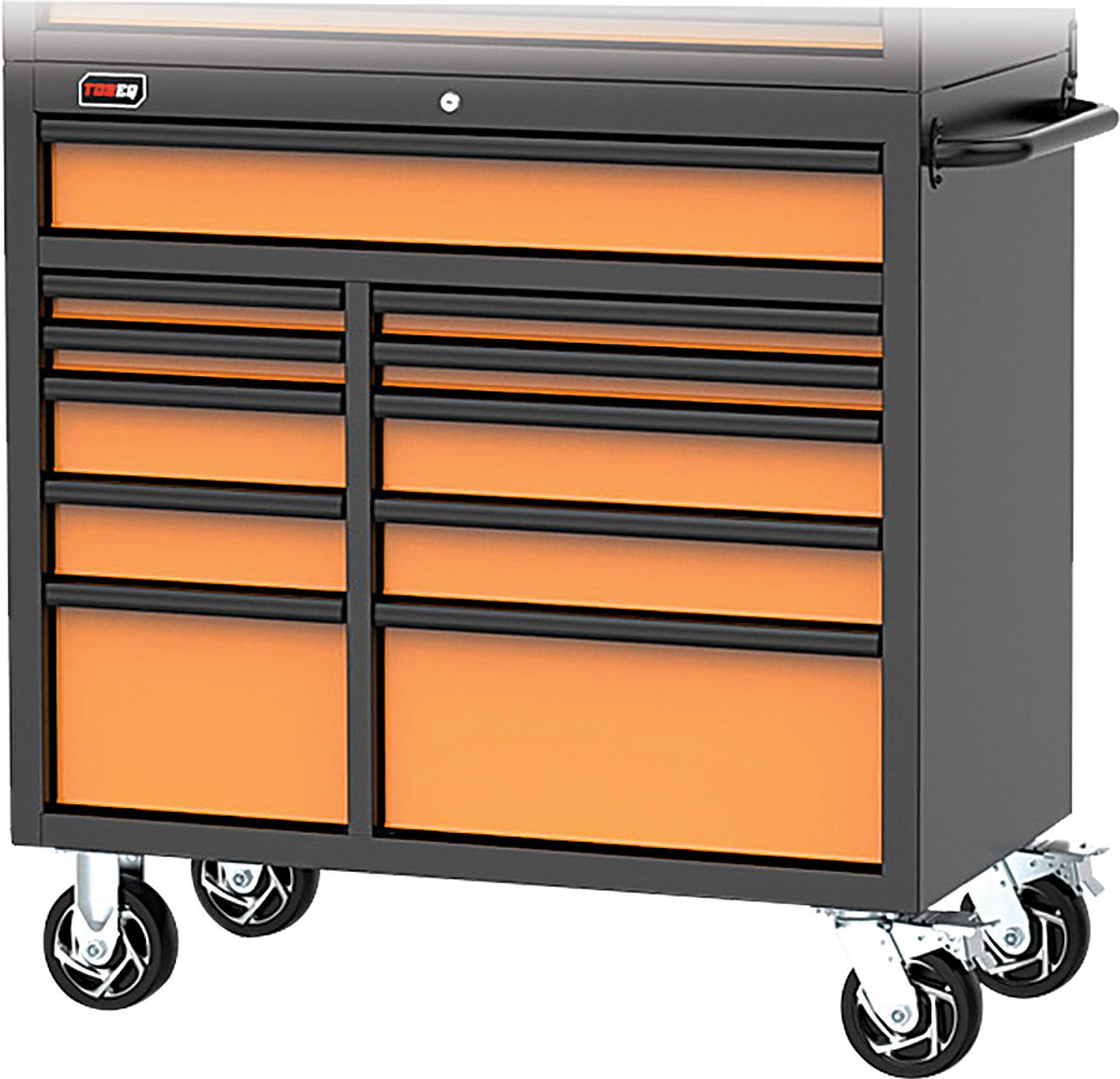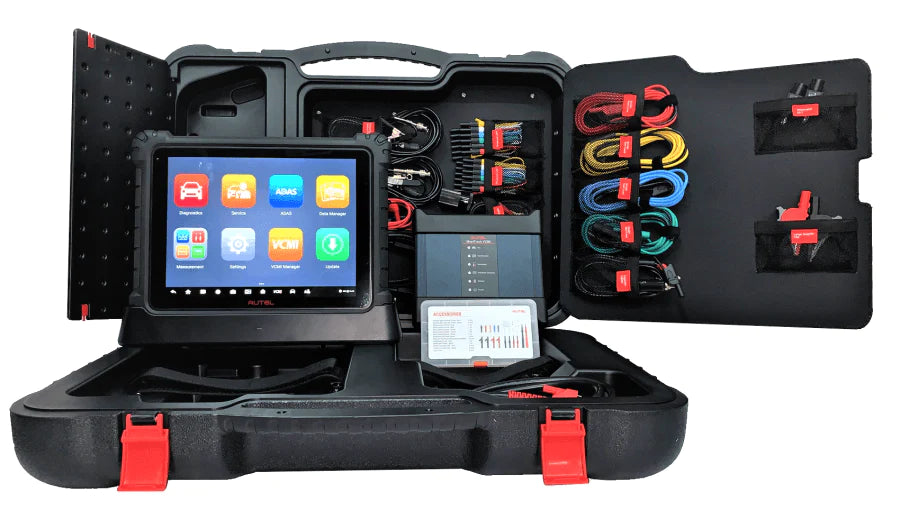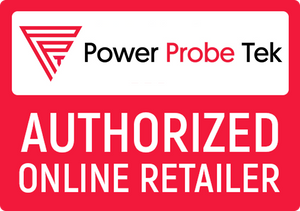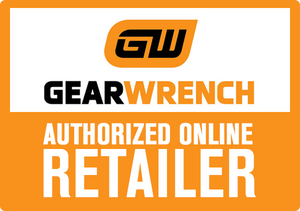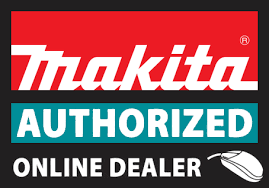There’s a quote by Abraham Maslow that goes, “If the only tool you have is a hammer, you tend to see every problem as a nail.”
Of course, there’s a deeper, more figurative meaning behind it - such as being overly reliant on a certain way of doing things. But if you’re a gearhead, you’ve probably experienced literally having nothing but a hammer in your toolkit.
And while it can feel oddly satisfying to pound things into oblivion or make do with whatever else you’ve got lying around, you will need the right set of tools at some point.
Given the wide range of tools available out there, however, which ones should you get first?
Well, you’re in luck. We’ve compiled the following guide just for you.
Read on to get started.
The Importance of Having and Using the Right Tools
First, let’s talk about why it’s so important to have the right tools in your toolbox.
One reason is that tools are critical to getting the job done properly. Whether you’re a professional mechanic or a weekend warrior, you’re bound to carry out tasks that will require more than one kind of tool. Using the wrong ones will prevent you from getting anything done at best - and could damage the vehicle you’re working on at worst.
Secondly, it’s all about safety.
The wrong tools can injure the nerves, muscles, and tendons in your arms and hands, leading to conditions like Tendonitis, Carpal Tunnel Syndrome, and Hand Vibration Syndrome over time. (Actually, the wrong use of the right tools can also do that, but that’s for another day and another article.)
In a nutshell, the right tools can increase your productivity in the garage while keeping you safe from accidents and injury.
Basic Guidelines for Choosing the Right Hand Tools
Once you start browsing through hardware stores or online shops, it’s easy to feel overwhelmed.
Still, you can narrow down your shopping list using the guidelines below:
1.) Start with the basics.

It can be tempting to go straight for the big and shiny top-of-the-line equipment. You know? The sort that you’d proudly hang on the walls of your garage and never ever let anyone borrow?
But while that all sounds impressive, it’s best to start with basic hand tools. Aside from the aforementioned hammer, we’re talking about pliers, screwdriver sets, socket sets, and so on.
While each mechanic might have a different go-to tool, you won’t go wrong having the basics in your mechanic tool kit.
And speaking of different go-to tools….
2.) Assess your needs.
Besides stocking your mechanic tool kit with basic hand tools, pay attention to your actual needs.
How much time do you spend working in a garage? Do you work on cars as a hobby, or is it part of your livelihood? What sort of projects do you usually work on?
The answers to these questions ought to help you determine what other hand tools would be appropriate for your garage.
3.) Consider your budget.
Unless you’ve got a trust fund stashed away somewhere, you’re probably not keen to max out your credit card as you stock your mechanic tool kit. And that’s okay.
You don’t necessarily have to buy all your tools brand-new at the shop, especially if you’re still dipping your toes into automotive work. There are sales, swap meets, and secondhand tools available on the market.
Do be wary of super cheap tools, though. While their super low price tags might draw you in, they’re not likely to last long and could leave you with broken parts and injured hands.
4.) Go for quality over quantity.
On the other hand, spending a little more for high-quality tools can be a worthwhile investment - especially if you fix cars for a living.

Certain brands are highly regarded by professionals for a good reason too. Superior craftsmanship, excellent after-sales service, reliability, and durability are just some of the factors that come into play here.
5.) When shopping at the store, check each tool's grip, feel, and design.

If there’s one significant benefit that going to a physical store has over online shopping, it’s that you can actually examine the tools before you buy them.
Take advantage of this by paying close attention to each tool’s:
A. Grip.
The tool should be able to grip nuts and bolts securely. This way, it’s not likely to slip while you work with it.
B. Feel.
A good tool should fit comfortably in your hand. Ideally, it should feel light and easy to maneuver.
C. Design.
Tools come in different lengths and widths. Longer tools can give you more leverage, which you can use to loosen or retrieve parts that are stuck. Smaller tools, on the other hand, can fit into those hard-to-reach crevices better.
Again, choose your initial set of tools based on your most common tasks.
6.) Look into tool warranties and customer reviews.
Alternatively, if you’re shopping for tools online, customer reviews can be a reliable reference. Keep an eye out for customers with the same concern as you (e.g., reliability, ease of use, ergonomic design, etc.) and see what they say about the tools you’re eyeing.
While you’re at it, check out the brand’s warranty policies. Depending on how long they’re good for, you might still be able to invoke them even if you buy secondhand tools of certain brands.
7.) Buy only from reputable suppliers.

Since we’re on the subject of warranties, purchasing tools from reputable suppliers ensures that you’re getting a genuine article. This, in turn, makes it easier to avail of a tool’s warranty should the need arise.
Licensed retailers also tend to have good policies that protect buyers like you.
For instance, MPR Tools & Equipment has policies like a 30-day money-back guarantee, free shipping on orders over $150, and a 1-year price match guarantee.
Customizing Your Own Tool Box
Having the right tools for the trade is invaluable to both your productivity and safety. It also helps to remember that everyone’s mechanic toolbox will look different depending on their individual needs.
Yet once you find the right set of tools for you and take good care of them, they’re likely to serve you well for a long time.
Lastly, it does take time to build a complete set of tools.
Fortunately, MPR Tools & Equipment has a wide range that suits the needs of professionals and DIY enthusiasts -and everyone else in between.

